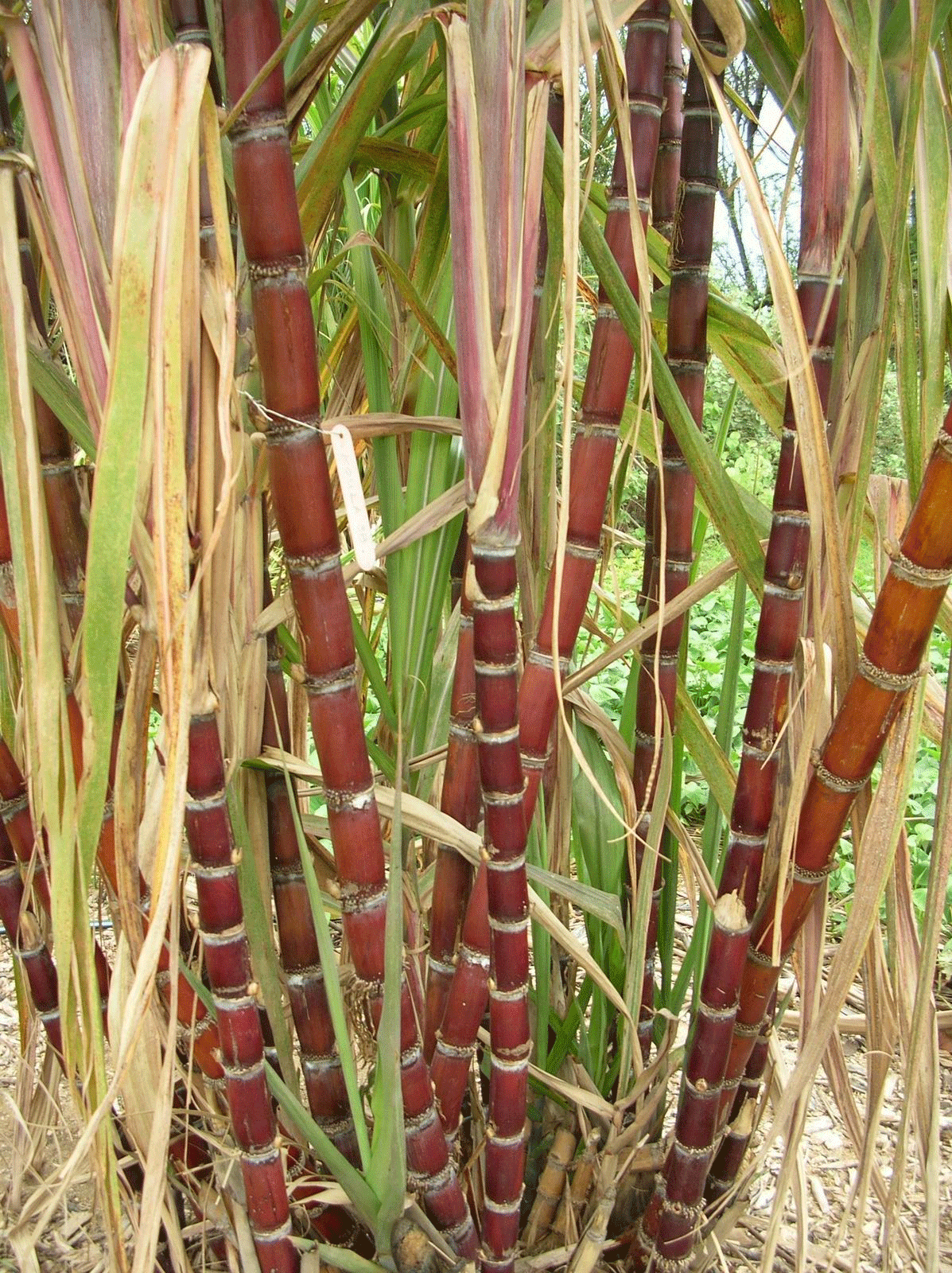
KWAZULU-NATAL has been hit by a severe drought that has disrupted business and reduced yields on farms, especially in the sugar sector, and could lead to job losses.
The water shortage is expected to last for at least the next two months.
Towns and rural areas have been warned to brace themselves for water restrictions as severe droughts and hot weather have caused water levels in local dams to dwindle.
Durban Chamber of Commerce chief executive officer Andrew Layman said the drought would have a severe effect on the regional economy, especially on the sugar sector and other agribusinesses.
“We don’t know the full impact of the droughts on our economy yet,” Layman said.

“But the sugar sector will suffer quite badly and this would be felt downstream and could lead to the temporary closing down of some mills and workers being laid off. The small farmers are already feeling the heat by getting lower and lower yields.”
Illovo Sugar managing director David Howells said the drought had forced his company to temporarily close its Umzimkhulu mill.
“The significantly below-average rainfall experienced in KwaZulu-Natal during the last sugar-milling season, together with severe frost in the Midlands region during the past winter damaging parts of our cane supply area, have severely affected expected cane supplies for the forthcoming season.
- Chamisa under fire over US$120K donation
- Mavhunga puts DeMbare into Chibuku quarterfinals
- Pension funds bet on Cabora Bassa oilfields
- Councils defy govt fire tender directive
Keep Reading
“To effect optimum asset utilisation, a decision has been taken not to open the Umzimkhulu mill in the 2015 sugar milling season and to divert all Umzimkhulu cane deliveries to Illovo’s Sezela mill for processing.
“The additional transport cost of diverting this cane to Sezela will be borne by Illovo.”
Water utility Umgeni Water has warned businesses and residents to prepare for the worst in the coming months. Umgeni Water spokesman Shami Harichunder said rains were expected only in March or April.
“Within the past 10 months we have had below-average rainfall. As a result many of our dams are (at) between 35% and 50% of their capacity and this is not sufficient for supplying our communities with adequate water.
“Some municipalities have instituted water restriction, which require them to cut their water usage by 30%,” he said. “We had hoped summer rains would alleviate this situation but it has not rained that much.
“So now these areas would be required to go to the next level of water restriction, which would mean a 40% water usage cut.”
Under restrictions in the tourist haven of Ballito and in Umhlali, both in the iLembe district municipality, water is cut off between 9pm and 5am.
Uthungulu municipality spokesman Vukile Mathabela said Lake Mzingazi, which was its main source of water, was very low. The municipality had been forced to impose water restrictions in areas such as KwaMbonambi, Mfolozi and Ntambanana, and water tankers supply the areas at certain times.
“We have engaged both the provincial government and the national Department of Water to come to our aid. We have also told local firms and residents to be aware of our water shortages,” Mathabela said.
Mxolisi Nkosi, the municipal manager of Msunduzi municipality (which incorporates the provincial capital, Pietermaritzburg), said although Msunduzi had not yet resorted to water restrictions, the municipality was aware of the shortage.
“We are mindful of the problem and we have told our residents and companies to use water very sparingly.
“If the problem persists we will have no choice but to follow the lead of other municipalities who have started restrictions,” Nkosi said.
eThekwini municipality spokesman Tozi Mthethwa was not available for comment yesterday, but the municipality has also issued warnings.
– BD Live










